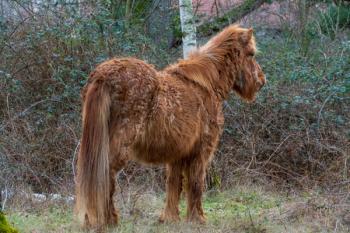
Washington state leads in equine West Nile virus cases
National Report -- Of 35 equine cases of West Nile virus (WNV) reported nationwide so far this season, 20 are in Washington state.
National Report
-- Of 35 equine cases of West Nile virus (WNV) reported nationwide so far this season, 20 are in Washington state.
The disease is most prevalent in August and September. As of Aug. 19, the latest update from USDA’s Animal and Plant Health Inspection Service (APHIS) showed 12 cases in Washington state, but state authorities there reported eight more cases in the following five days, most of them in Yakima and Benton counties in the south-central part of the state.
Other states reporting equine WNV so far include Montana, with four cases; California, three; Kentucky and Louisiana, two each; and Mississippi, Texas, Utah and West Virginia with one each.
Western states have led the nation in WNV cases the last few years. Last year, out of 179 equine cases in 30 states and Puerto Rico, 41 cases were in Washington state, 32 in California, 19 in Texas, eight in Utah and seven in Montana. The mosquito-borne virus began migrating westward in 1999.
Humans and horses can become infected with WNV after being bitten by mosquitoes that picked up the virus by feeding on infected birds, but humans and horses as dead-end hosts don’t transmit the virus.
The virus spreads to a horse’s spinal cord and brain, causing inflammation, with clinical signs presenting within three to 15 days, according to APHIS.
Veterinarians recommend that their equine patients be vaccinated against WNV and other mosquito-transmitted diseases like Eastern and Western equine encephalitis.
Newsletter
From exam room tips to practice management insights, get trusted veterinary news delivered straight to your inbox—subscribe to dvm360.




